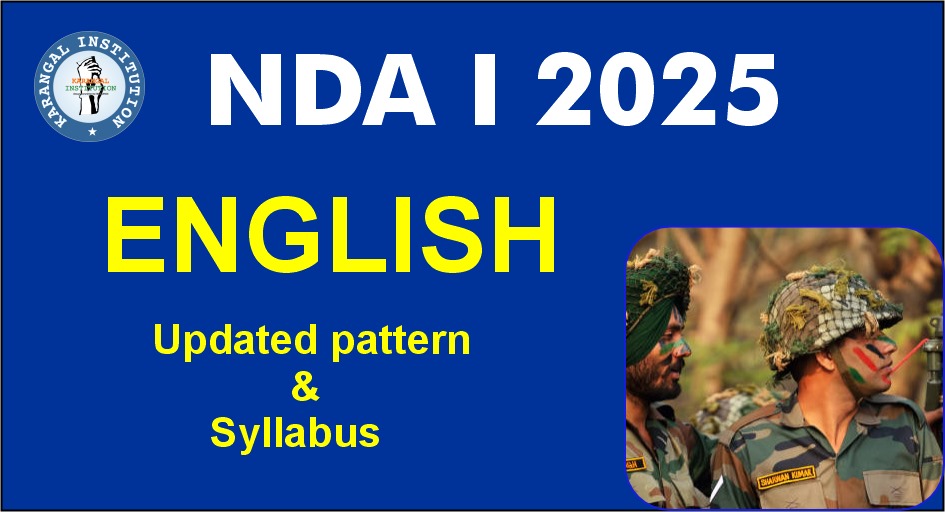
- Historical Background:
- Evolution of the Indian Constitution.
- Making of the Constitution – Constituent Assembly and its committees.
- Preamble of the Constitution:
- Significance and components.
- Union and its Territory:
- Article 1-4: Name and territory of the Union.
- Changes in the territory of India through constitutional amendments.
- Citizenship:
- Modes of acquiring citizenship.
- Citizenship-related provisions in the Constitution.
- Fundamental Rights (FRs):
- Nature and significance.
- FRs enshrined in the Constitution.
- Judicial review and the role of the Supreme Court in protecting FRs.
- Writs and their significance.
- Directive Principles of State Policy (DPSP):
- Nature and importance.
- Relationship between Fundamental Rights and Directive Principles.
- Critique and challenges in their implementation.
- Fundamental Duties:
- Added by the 42nd Amendment.
- Significance and criticisms.
- Amendment of the Constitution:
- Procedure and provisions under Article 368.
- Important amendments and their implications.
- Basic Structure Doctrine:
- Judicial interpretation by the Supreme Court.
- Key cases defining the basic structure.
- Union Executive:
- President, Vice-President, Prime Minister, Council of Ministers, Attorney General.
- Powers and functions.
- Emergency provisions under Article 352-360.
- Parliament of India:
- Structure and composition.
- Lok Sabha, Rajya Sabha, and their functions.
- Parliamentary committees.
- State Executive:
- Governor, Chief Minister, Council of Ministers.
- State Legislature and its powers.
- Local Government:
- Panchayati Raj Institutions (PRIs) and Urban Local Bodies (ULBs).
- 73rd and 74th Constitutional Amendments.
- Judiciary:
- Structure of the judiciary.
- Independence of the judiciary.
- Judicial review and PIL (Public Interest Litigation).
- Elections:
- Election Commission.
- Conduct of elections and electoral reforms.
- Anti-defection Law:
- Tenth Schedule of the Constitution.
- Special Provisions for SCs, STs, OBCs, and Minorities:
- Constitutional provisions and government initiatives.
- Tribunals:
- Administrative Tribunals, National Green Tribunal, etc.
- Constitutional and Statutory Bodies:
- Important bodies like UPSC, SPSC, CAG, NHRC, etc.
- Public Policy and Governance:
- Government policies and their impact.
- Good governance and e-governance initiatives.
- Challenges to the Indian Polity:
- Federalism issues, center-state relations.
- Regionalism, communalism, and caste politics.










